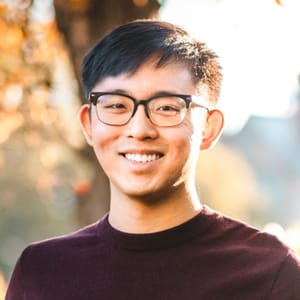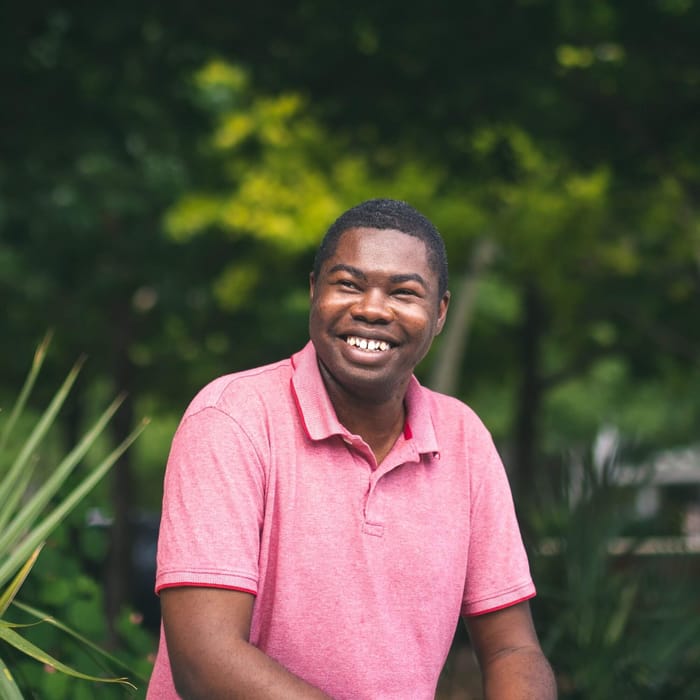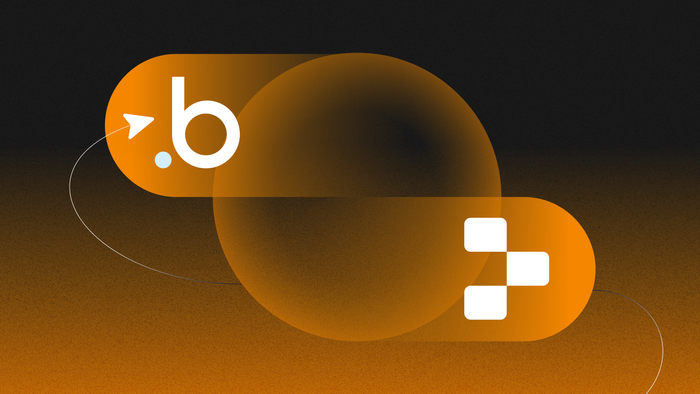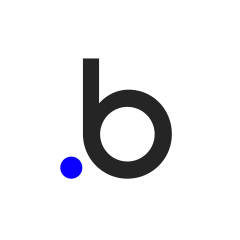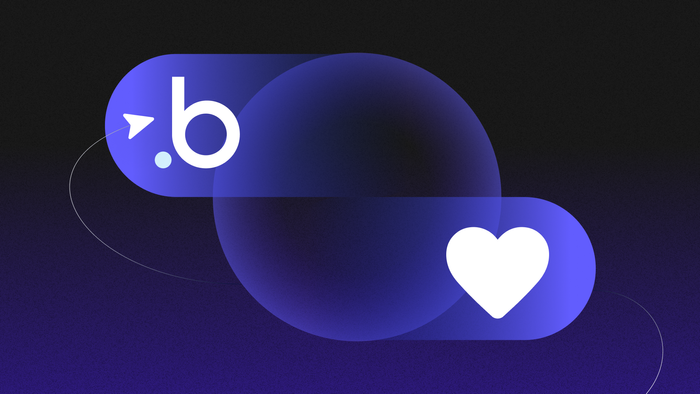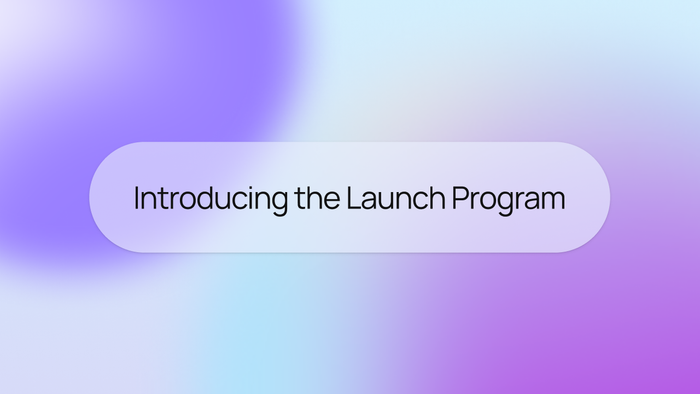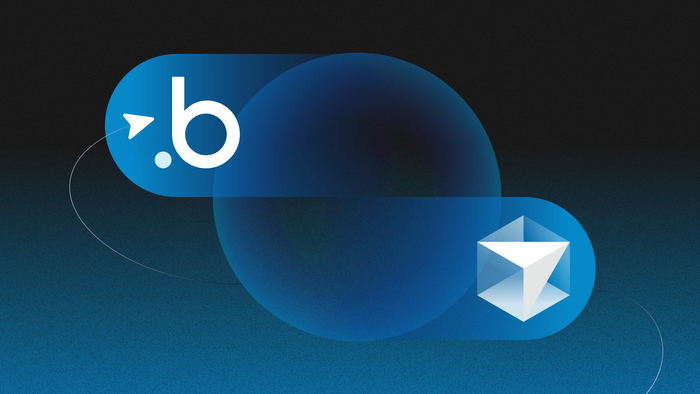“Nothing in the world was made for somebody who looked like me or came from where I came from. I made it my life's purpose to break that entire methodology.”
John Williams was born and raised in a small town called Rolling Fork, about 10 miles east of the Mississippi River. “When you watch Mississippi in the movies, that’s the part where I’m from,” he described. “Most of the homes are mobile homes, or these really small and long rectangular homes called shotgun homes. We lived in one of the most impoverished towns in the state of Mississippi,” with a population of just over two thousand, and a poverty rate of over 25%.
John’s current, or future, successes have been neither guaranteed nor expected. “Neither of my parents went to college, and both worked multiple jobs growing up, so I kind of got involved in business and technology at a really young age, thinking that I could use that as a resource and an asset to help me have a different life. They didn’t directly say I needed to do anything in particular, but they tried to instill in me the mantra of figuring out what I was good at, and just running with it,” John said.
So, when John proved to be good at math and science, he ran with it.
Bubble's Movers & Makers series highlights diverse stories from our no-code community: entrepreneurs, startup founders, business creators, hustlers, and self-starters from all walks of life. Do you have a life or idea that breaks from the norms of tech entrepreneurship? Tell us your story.
Getting accepted into the Mississippi School of Math and Science was his first chance to break out of his home-town. The school is one of a network of similar schools across the US that places students, free of charge, in an intense two-year boarding environment, offering advanced classes like multivariable calculus or organic chemistry, and though all of his classmates were current residents of Mississippi, many had grown up all around the world.
“One of my roommates grew up in South Africa and Canada before living in Mississippi, and many people lived in Europe for half their lives. There was a really big difference as far as our upbringings and family histories, and I think the only thing we had in common was that we now lived in Mississippi.” He continued. “When I got there, it was really eye-opening. A lot of my peers were already planning to go to Harvard, or MIT. My hope was, ‘I just want to go to college.’”
John did end up going to college, and because he’d always enjoyed math, he studied finance. “To be honest though, getting a finance degree to stay in Mississippi is a waste of time,” John told me. “There’s pretty much two banking systems, they’re not even that big, and they don’t really do anything with technology. I knew that I wanted to do something bigger than just work as a bank teller, but I didn’t know where to go to do it.”
He stayed in Mississippi for three years after college and often wondered how long he would remain in his station. “When you move to a city, there's a gap from when you leave your last job and when you get the first paycheck at the new one. For a while, I thought ‘I’m stuck’, because I didn’t think I was ever going to have enough money to just be able to move somewhere and not get paid for a month.”
When he received a promotion at work though, his outlook changed. “That's when I really started to save and not have to live paycheck-to-paycheck. I had job security.” Out of that security came a chance, both financially and emotionally, to see the world. He visited California for the first time to attend VidCon, a conference for YouTubers and their fans to meet and create. Inspired by that trip, he visited Dallas soon after, where a friend from college encouraged him to find a job there and move out of Mississippi.
John, though hopeful about his future, still harbored doubts about his chances of getting somewhere else. “I told my friend, ‘Dallas might not be New York or Silicon Valley, but they still want you to have all these crazy things straight out of college. I’ve worked at small companies in Mississippi all my life; this is not going to work.'” But after a few months and what John estimates were over 300 job applications to companies in and around Dallas, he eventually landed a role at Dallas’ Deloitte office.
The move to Dallas was not without difficulty. When I visited Dallas, and John and I took a short walk together downtown, he pointed out the Chase Tower. “Navigating Dallas as a big city was, at first, pretty tough. Moving here felt to me like what moving to New York feels to other people, and the Chase tower was always a North Star for me. Whenever I’d try to go home without a GPS, I always knew that, as long as I was going closer to that building, I was going in the right direction.”
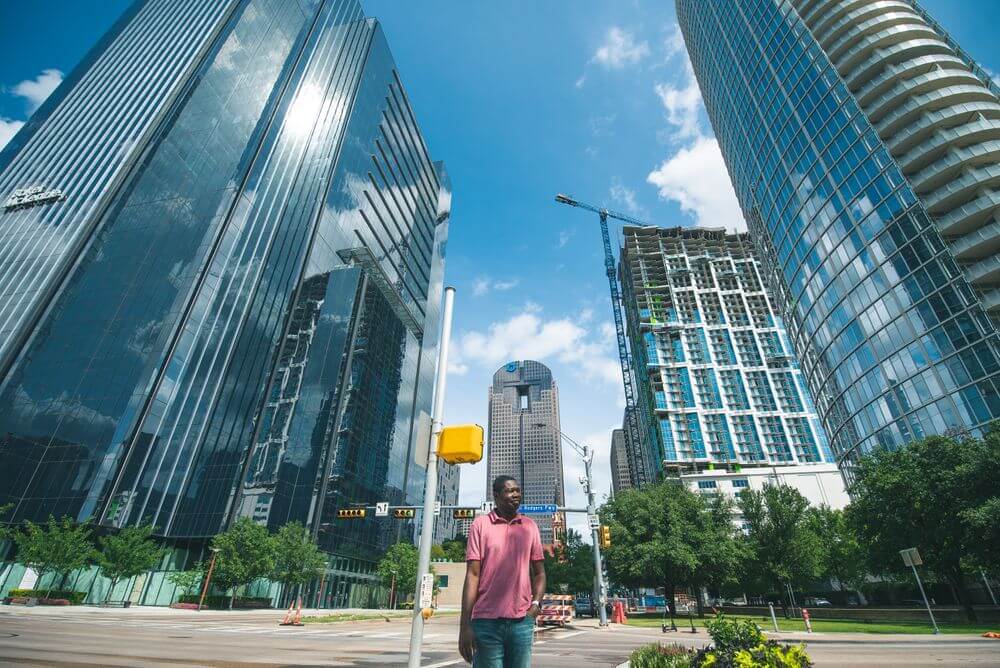
John moved to a job at Citi soon after, excited about its greater focus on technology, and has been telling friends that his job at Citi would be the last role he would ever apply for; the next will either be his own company or one where he’ll be recruited based on his portfolio of projects and skills.
John has a close friend and likely business partner, Luke, with whom he discusses all things tech. With Luke, John discovered new avenues for entrepreneurship through “no-code tools” like Bubble.
“A few months ago, a bunch of VC’s were talking about low-code development, and when we did some research, we found Bubble and thought, ‘this is the thing we could use to level the playing field.’ Neither of us had experience in UI or software development, but we spent a weekend watching a lot of tutorials, and then accomplished in three weeks what we had wanted to do in six months.”
John is currently building two different products on Bubble: a “personal CRM” that helps manage non-work relationships (the idea came seeing an astronomical number of tweets by folks in the tech industry about the subject) and a mental health tool to help friends more intentionally keep in touch and check-in with one another (which came about after a few personal down-days during the COVID lockdown).
When I asked John about the entrepreneurial scene in Dallas, he sighed a bit. “The Dallas entrepreneurship community is really… different, I’d say. If not for what I know now and where I am in life, I would have gone straight to Austin. A lot of the Dallas tech infrastructure is just a derivative of Austin’s infrastructure.” He continued. “I think there's a lot of people in Dallas that have their own businesses, but I don't think there’s, like, a true entrepreneurship community.”
He and Luke have often entertained the idea of working remotely in Austin during COVID, or moving there full-time someday. Among the main things they anticipate holding them back is funding; neither have the financial backing from family or personal savings yet to sacrifice a steady income. John reflected a bit on being a black founder in an environment that typically does not financially welcome black founders.
“Andreessen Horowitz started a, like, $2 million fund for black-only founders. That’s a drop in the bucket, because meanwhile, they’re investing $10 million into apps with only 5000 users and zero plans for revenue. There are some brilliant people that don’t look like the status quo, and they never get a shot.”
He also reflected on his background growing up in poverty. “The thing that people don’t understand about poverty is that it causes you to make decisions that could potentially self-destruct you. The decision you make in-the-moment is based on your needs in-the-moment. Do I pay my home insurance, or do I buy food?” John recounted memories of seeing homes in Mississippi burnt to a crisp, their blackened skeletal structures still standing because the homeowner didn’t have insurance after the fire to rebuild.
The mindset that came with poverty was hard to escape. “I grew up in a mobile home; my parents still live in a mobile home. I remember there were times where the stove would go out, and we’d need to use the microwave for weeks until it was figured out.” John began running some numbers.
“The lending practices would be really predatory, too. You’d have a $500 stove, with $300 interest; do you decide to get an overpriced stove, or have no stove at all? Or you’d be buying lightbulbs, and the LED is $5 but last for 10 years, while the other is 60 cents but only last for 6 months. Do you even have the extra $5 to spend and get the cost savings? It’s daily tradeoffs; do I pay for my water, or do I eat?”
I asked John how often he visited home, and what those visits were like. (Rolling Fork is just a half-day drive from Dallas.) “Usually just major holidays, like Thanksgiving and Christmas,” he admitted. Despite having a full two weeks off from work during the holidays, he’d usually only go home for a few days. “The year is 2020, and technology is so advanced, but my parents don’t have WiFi, so I don’t ever stay long because I’m just sitting at home all day doing nothing.” John also hasn’t stayed in touch with most of the people from his childhood; many of them criticized him for even leaving the town to go to the Mississippi School of Math and Science, as if he “were better than the rest of them.” “Probably a fifth of my old graduating class had kids in high school,” he said, with a sigh.
John feels an obvious distance between his current life and that of others from his community, but he refuses to become disconnected from his home. When asked how he’d approach making his community stronger and healthier, he responded immediately.
“If I could, I’d just build housing, and pay the community colleges to develop their programs to help people know about them earlier. This pipeline isn’t one that leads to Harvard, or Silicon Valley, or consulting, or IB, but to community college and vocational school. I think the best I could do for people is to provide them a better living space, and then provide them a way to continue that.” He asked if I’d seen those YouTube videos of creators writing $100,000 checks or buying homes for their parents. “I could write my mom a $10,000 check and it’d have the same effect, and I know it’s so attainable, but I’m not quite there yet.” He said this with a soft smile, clearly looking forward to the day.
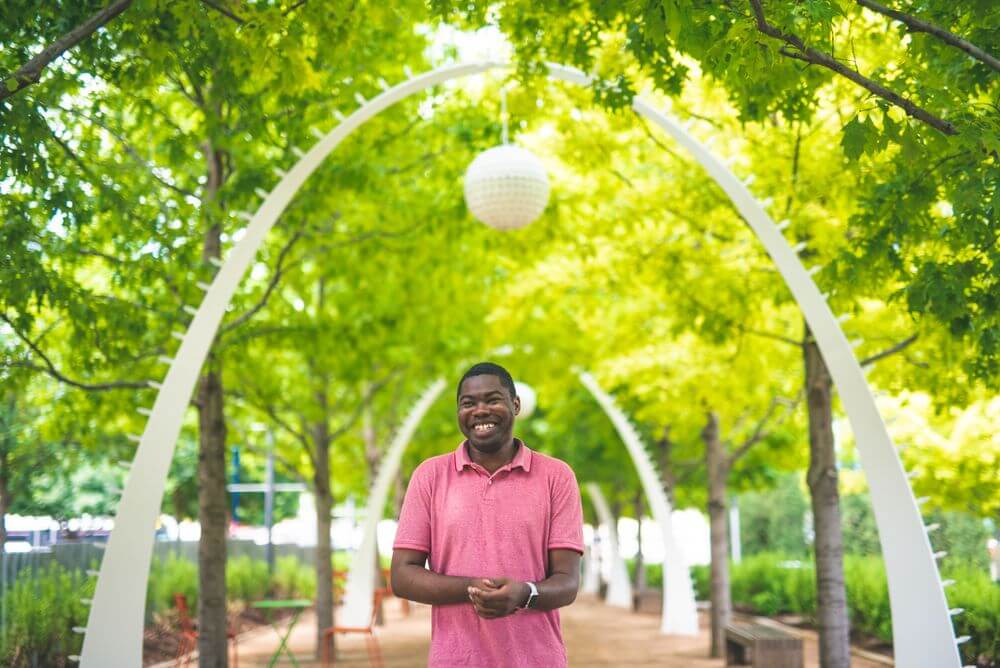
Nearby where John and I chatted was Clyde Warren Park, which is, in shape (if not in scale), reminiscent of New York’s Central Park: long, narrow, and right in the center of the city. Normally, food trucks line the park’s long edge, catering to the office lunch crowd, but COVID has put a stop to all of that; there were just a few others in the park as we walked around in the warm June heat. “I think the park speaks a lot to where I'm going in my entrepreneurial direction, because the two applications I’m trying to develop [on Bubble] essentially provide calm and clarity in a situation of chaos; to me, that's what this park does in downtown Dallas.”
At 27, John is still early in his career and at the start of the “traditional” entrepreneurial journey: building MVPs and readying himself for his own leap into the startup world. He exudes an aura of optimism, even though he is acutely aware of the challenges in the tech industry for someone of his background and identity. “Silicon Valley is changing at a very, very slow rate. But, if I can be another person to add to the mix and make the percentage better, I’ll do everything I can to get to that point."
Build for as long as you want on the Free plan. Only upgrade when you're ready to launch.
Join Bubble